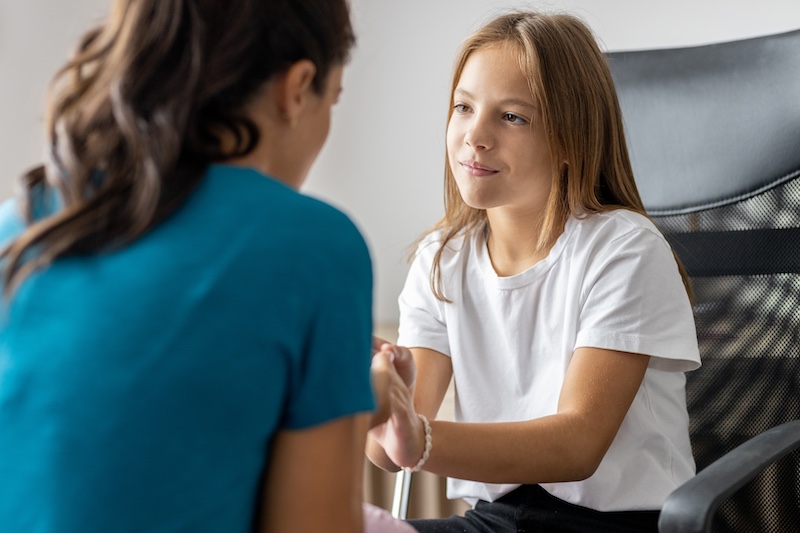Blog
Wednesday, November 13, 2024
Potty training can feel like an insurmountable challenge for many parents and families. Daytime accidents and bed-wetting can be an uncomfortable inconvenience for both children and their caregivers. A certain amount of urinary accidents can be normal in early childhood, but when children are repeatedly peeing in their clothing or bed on accident beyond the age of five, they may have enuresis.
Monday, November 04, 2024
The following is an essay written by a 16-year-old girl who engaged in evidence-based exposure and response prevention treatment for anxiety and obsessive-compulsive disorder at the Center for Effective Therapy. She has since graduated from treatment and wrote this essay independently to destigmatize mental health for teens and spread the word about effective mental health care. She has graciously agreed to allow us to share her essay with our community, in the hopes of helping others who are experiencing similar challenges.
Wednesday, October 30, 2024
Kids and adults of all genders and ages can have OCD. The onset age of OCD is different for every individual, but we see the most common onset of symptoms during teenage or early adulthood years. Even so, no one can be “too young” or “too old” to be diagnosed with OCD, the primary factor in diagnosis is the presentation of symptoms and worries and whether they meet criteria at any age.
Tuesday, October 29, 2024
You may have heard people say, “Don’t mind me, I'm just so OCD”, as they clean their house or organize their books. In wider society, describing oneself or someone else as “OCD” is a way to convey that they like things to be organized and neat, or they will feel somewhat distressed. The label “OCD” has been co-opted by common language, but clinically, it describes a very distressing series of intrusive thoughts and compulsions that can take up a large portion of an individual’s time and energy.
Thursday, October 10, 2024
This is a real interview with the caregiver of a six-year-old boy diagnosed with Post-Traumatic Stress Disorder (PTSD). He and his caregivers engaged with a course of Child Parent Psychotherapy (CPP), followed by Trauma Focused Cognitive Behavioral Therapy (TF-CBT). Participating in the METRIC Grant, his treatment included work with himself, his pre-adoptive foster parents, and his biological mother. Prior to living with his current family, he experienced a tumultuous life, witnessing violence in the home with biological parents and being moved between multiple foster care homes.





